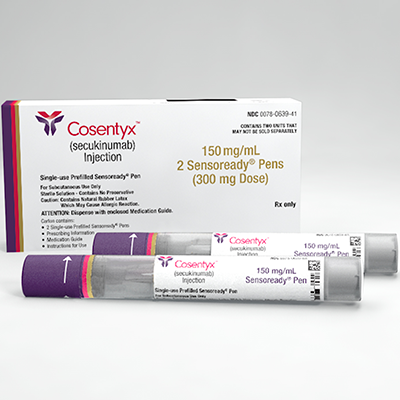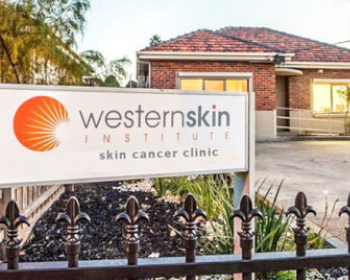The PBS funds new revolutionary drug for psoriasis. Am I eligible?
As of 1st October 2015, the PBS (Pharmaceutical Benefits Schedule) now funds a new medication Cosentyx ® (Secukinumab) for the treatment of psoriasis.
http://medianet.multimediarelease.com.au/bundles/d7083e90-46e9-442b-9299-fb9b59ba81fa
The most common question that dermatologists gets asked is, “Can I be on the drug?”
Consentyx® along with other new drugs such as Guselkumab (Tremfya®). Risankizumab (Skyrizi®) and (insert in here any other future drug that will hit TV or social media) are a class of drugs called biologics (see below).
Psoriasis is a common skin problem that affects up to 6.6% (or 1.6 million) Australians. Of those individuals, 1% will have psoriasis that is severe enough that treatment is needed as it affects quality of life.
Treatment for psoriasis is chosen based on severity, patient preference, effectiveness and assessment of response. As a dermatologist, the safety of any medication is paramount and must be balanced by risks of under-treatment.
The four broad categories of treatment (chosen in order of severity and side effects) are:
- Topical therapy – Creams
- Ultraviolet therapy – Narrowband phototherapy (given under supervision of a Dermatologist)
- Systemic therapy (tablets) – Methotrexate, Acitretin or Cyclosporin
- Biologic therapy (Injections) – Etanercept (Enbrel®), Adalimumab (Humira®), Ustekinumab (Stelara®), Secukinumab (Cosentyx®), Guselkumab (Tremfya®) or Risankizumab (Skyrizi®)
The PBS imposes strict criteria for eligibility of biologic therapy. These MUST be fulfilled to qualify for a biologic:
Severe chronic plaque psoriasis of the whole body where lesion have been present for at least 6 months from the time of initial diagnosis where PASI score is greater than 15 (http://www.dermnetnz.org/scaly/pasi.html) or Severe chronic plaque psoriasis of the face, palm or soles of foot for at least 6 months where at least 2 of the 3 PASI symptoms scores are rated as severe or very severe or the skin is 30 percent or more of the face, palm of hand or sole of foot.
And…
Has failed to achieve adequate response as indicated by PASI for a minimum of 6 weeks treatment to at least 3 out of 4 of the following:
- Phototherapy > 200 treatments
- Methotrexate at dose of at least 10mg once weekly
- Cyclosporin at dose of at least 2mg per kg per day
- Acitretin at dose of at least 0.4mg per kg per day
Cosentyx® is a human IgG1 monoclonal antibody that selectively binds to the interleukin-17A (IL-17A) cytokine (protein that is secreted by cells that carry signals to neighbouring cells) and inhibits its interaction with the IL-17 receptor. IL-17A is a naturally occurring cytokine involved in normal inflammatory and immune responses.
Cosentyx® inhibits the release of proinflammatory cytokines and chemokines that are important in the development of psoriasis.
Cosentyx® along with other biologics, carry risks/ side effects. Cosentyx® may increase the risk of infections. A higher rate of infections was observed with secukinumab treatment in clinical trials, and these may be life-threatening.
It is administered by injection (subcutaneously), 300 mg once weekly at weeks 0, 1, 2, 3, and 4 followed by 300 mg every 4 weeks. Some patients may only require 150 mg per dose.
Your dermatologist would be the best person to discuss psoriasis treatment with you. Whilst, the appeal of a new drug is apparent, patients must fulfil PBS criteria to be eligible for funding of this medication. No medication is without side effects. If you think you may be eligible for Cosentyx®, discuss this with your General Practitioner and a referral to a Dermatologist may be warranted.






